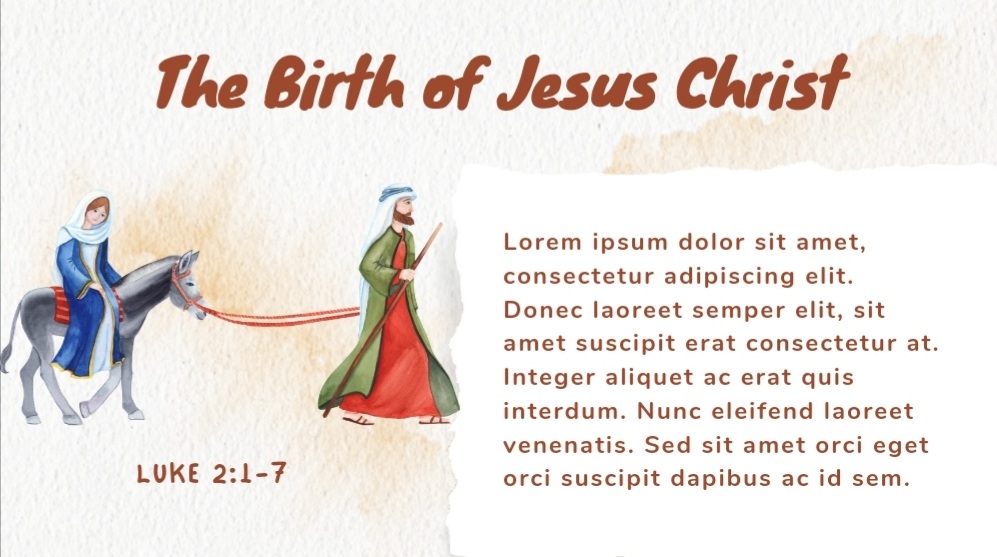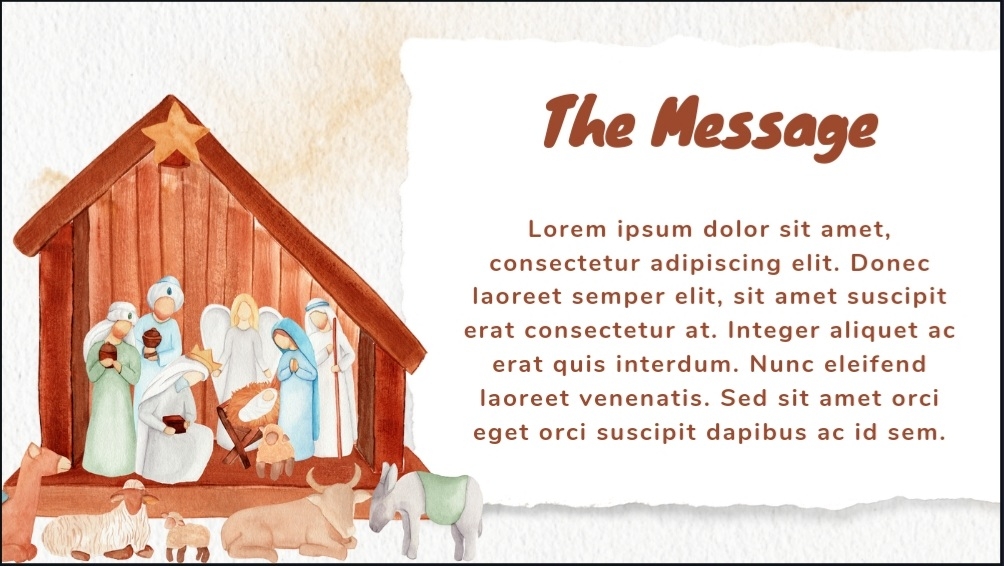The Significance of December 25th: Unraveling the Christian Celebration of Christmas
Introduction:
Christmas, one of the most widely celebrated festivals around the world, holds profound significance for Christians. A question often pondered is, why is December 25th the chosen date for commemorating the birth of Jesus Christ? In this exploration, we delve into the historical, cultural, and religious reasons behind this tradition, aiming to unravel the tapestry of Christmas and its connection to the 25th of December.
The Historical Background:
The roots of celebrating Christmas on December 25th can be traced back to the early centuries of Christianity. While the Bible does not explicitly mention the date of Jesus' birth, early Christians began to fixate on December 25th as the chosen day to celebrate the nativity.
One prevalent theory connects the date to the Roman festival of Saturnalia, a pagan celebration held around the winter solstice. Some argue that early Christian leaders strategically aligned Christmas with Saturnalia to facilitate the conversion of pagans by incorporating familiar festivities into the Christian calendar.
Another perspective suggests that early Christians calculated the date based on the Jewish festival of Hanukkah, which usually falls around the same time. The symbolism of light and the dedication of the Temple during Hanukkah might have influenced the choice of December 25th for celebrating the Light of the World, Jesus Christ.
Religious Symbolism:
Beyond historical considerations, Christians find deep religious symbolism in the timing of Christmas. The winter solstice, occurring around December 21st, marks the shortest day and longest night of the year in the Northern Hemisphere. The subsequent lengthening of daylight serves as a powerful metaphor for the birth of Jesus, often referred to as the Light of the World.
Furthermore, the Advent season, leading up to Christmas, is a period of preparation and anticipation for Christians. The four weeks preceding December 25th symbolize the longing and expectation for the arrival of the Messiah. This intentional period of reflection adds a spiritual depth to the celebration, emphasizing the significance of Christ's incarnation.
Liturgical Considerations:
Within the liturgical calendar of the Christian Church, Christmas is intricately connected to other key events, such as the Feast of the Annunciation (celebrating the angel Gabriel's announcement to Mary) and the Feast of the Nativity. The timing of these celebrations creates a cohesive narrative within Christian theology, highlighting the interconnectedness of God's plan for humanity.
While the Eastern Orthodox Church adheres to the Julian calendar, resulting in a celebration of Christmas on January 7th, many Western Christian denominations follow the Gregorian calendar, placing Christmas on December 25th. Despite the difference in dates, the theological significance remains consistent, emphasizing the unity of believers in celebrating the incarnation of Christ.
Cultural Influences and Traditions:
The celebration of Christmas on December 25th has undoubtedly been shaped by cultural influences over the centuries. As Christianity spread and adapted to diverse regions, various customs and traditions became intertwined with the core message of the nativity.
In medieval Europe, Christmas festivities blended Christian elements with pre-existing pagan customs, creating a unique tapestry of traditions. From the Yule log to the Christmas tree, these customs reflect a synthesis of cultural practices that evolved over time.
Conclusion:
In conclusion, the celebration of Christmas on December 25th is a complex tapestry woven from historical, religious, and cultural threads. While the specific date may have been influenced by external factors, its significance transcends historical origins. For Christians, Christmas is a time to reflect on the profound mystery of the Incarnation and the transformative message of hope and redemption brought forth by the birth of Jesus Christ. As believers around the world gather on December 25th, they join in a timeless celebration that bridges the earthly and the divine, inviting all to partake in the joyous proclamation: "Emmanuel, God with us."





Comments
Post a Comment